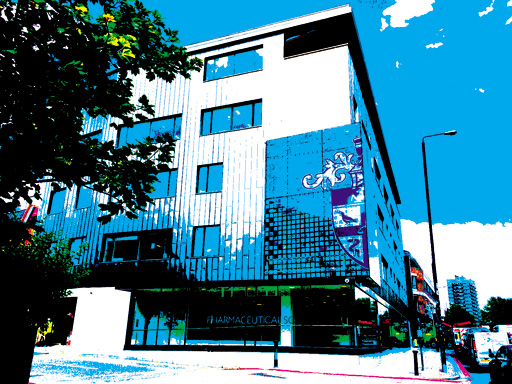RPS is failing independent pharmacists, survey reveals
In Profession
Follow this topic
Bookmark
Record learning outcomes

Pharmacists working in independent pharmacies and small multiples have criticised the Royal Pharmaceutical Society for its lack of leadership and relevance to the community pharmacy sector.
In what must have made grim reading for those in the corridors of power at East Smithfield, the complaints levelled against pharmacy’s professional leadership body, contained in a survey conducted by CIG Research in March, also included a membership that offers poor value for money and an inability to effectively champion pharmacy.
Of the 1,137 people who responded to the study, 20% worked in a one-shop independent and 20% worked for a small group with up to nine branches.
Pharmacists in one-shop independents were particularly critical of the RPS, with 44% saying it provided no leadership at all and 36% saying it did not provide enough.
This group also struggled to see the Society's relevance to community pharmacy, which was seen as very poor or poor by 60% of those working in independents and 55% of those working in multiples with two to five outlets.
The RPS was perceived by a majority of pharmacists to offer poor value for money, with 41% of independents rating it as very poor and 32% as poor. Only 8% rated it as good or excellent.
Pharmacists working in small multiples generally gave the RPS a slightly better rating than their independent colleagues in the areas of leadership, relevance and value for money.
However, independent and small multiple pharmacists were equally scathing in their views of the RPS as an “advocate and champion,” with 70% of pharmacists in each group rating it as poor or very poor.
The same consensus emerged when respondents were asked to agree or disagree with the statement ‘the RPS no longer serves the needs of community pharmacy,’ with over 80% of independent and small multiple pharmacies agreeing strongly or slightly.
There were 575 RPS members among the 1,137 respondents to the survey, of whom 21% worked in one-shop independents and 22% in small groups.
RPS members too were highly critical, giving it a poor rating for leadership, with 32% of members working in independent pharmacies saying the Society provided no leadership at all and 40% saying it did not provide enough. Just 9% said it provided a great deal of leadership.
The figures improved slightly among member pharmacists working in small multiples, with 55% of independents rating the RPS’s relevance to community pharmacy as fair, good or excellent. When asked how well it is run, 81% of members rated it fair or good.
Members were also critical of the value for money the RPS offers, with 55% of independents rating it poor or very poor, a figure that rose to over 60% for pharmacist members working in small multiples.
RPS chief executive Paul Bennett told the National Pharmacy Association conference last week that the professional leadership body will work with independents in the new NHS structures to ensure they “have access to the same opportunities as the large multiples.”
He said: “The RPS needs to work very closely with the independent community pharmacy sector to ensure it can play its part. I’m really committed to working with Mark Lyonette, NPA chief executive, and colleagues at the NPA to ensure that happens.”
